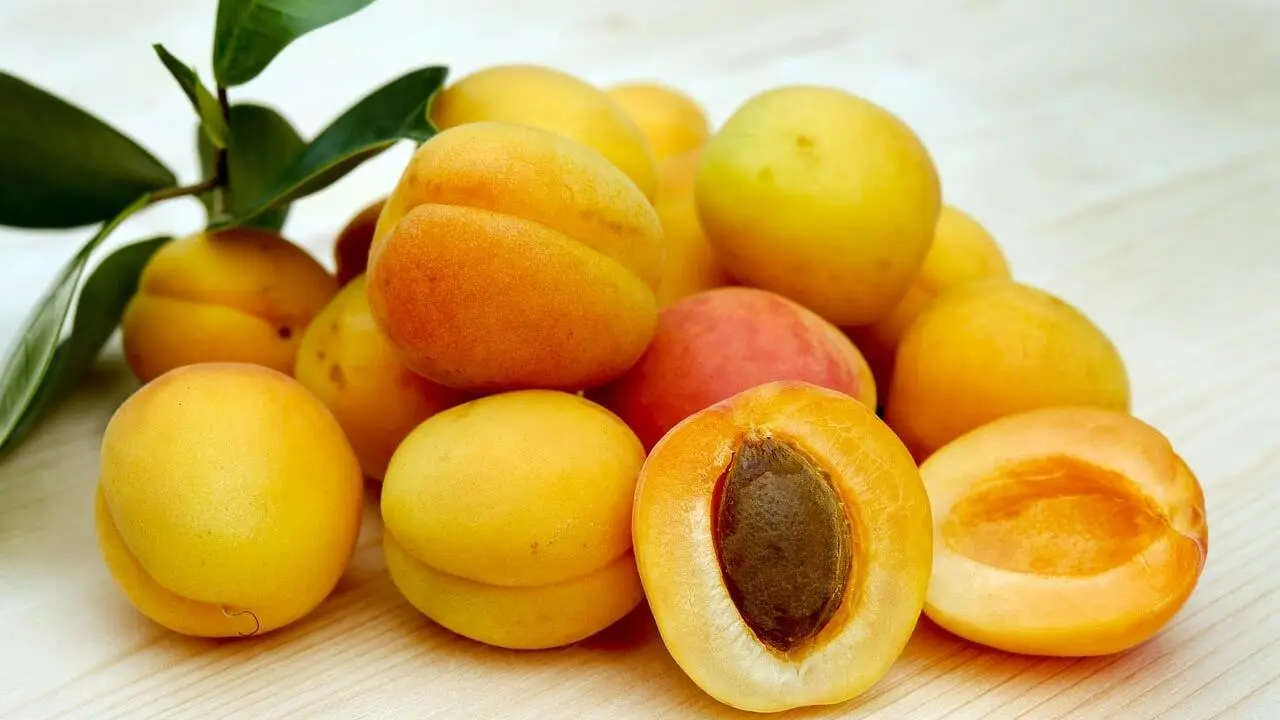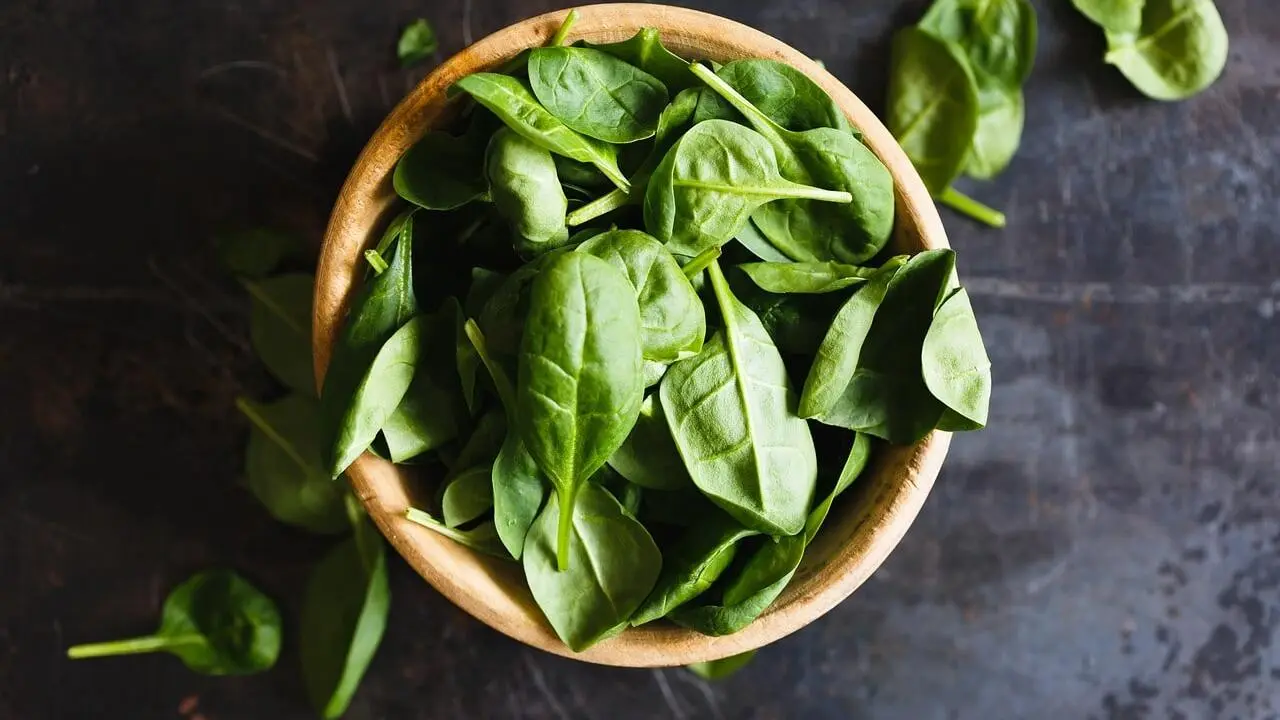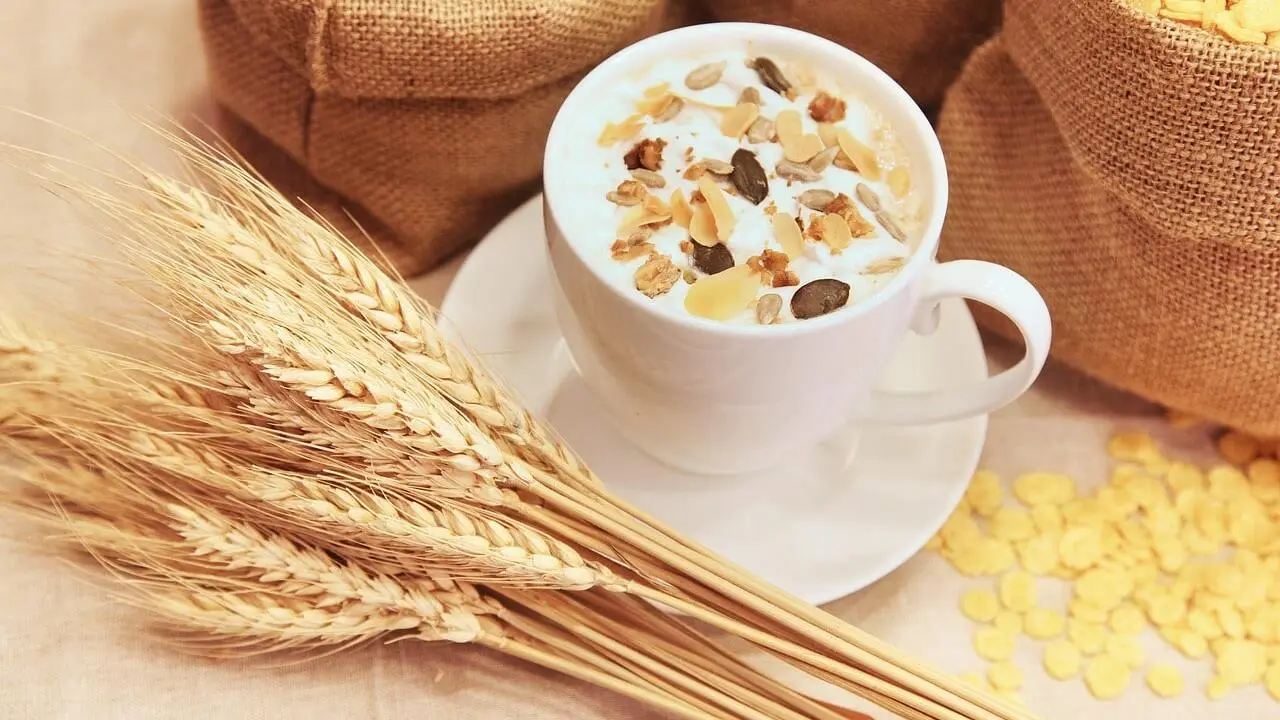Given the fact that diets differ across the Indian terrains, it is only wise to ponder whether fibre supplements are at all relevant for the population. Traditionally, the Indian diet is fibre-rich, and this is because people in India use whole grains, lentils, fruits, and vegetables, to name but a few. But the modern changes in lifestyles and habits, along with the changes in food preparation methods, have raised questions about whether the Indian diets as they are today are sufficient in fibre. The article under discussion analyses the idea of the need for fibre supplements in the Indian context to look into the rationale of supplementation and its role in the context of health and nutrition.
An Overview of Fibre Supplements and Why It Is Essential
Fibre is referred to as dietary fibre, and it is a critical nutrient in our daily diets because of its importance in supporting our digestion systems, managing blood glucose and assisting in the management of weight. It is typically classified into two types: soluble and insoluble fibre. Soluble fibre swells in the water within the stomach and intestines and thus has a function of cholesterol and blood sugar regulation. Insoluble fibre contributes to more bulk and also helps prevent constipation by facilitating timely bowel movements.

Check Out 6 Side Effects of Eating Too Many Eggs
Studies indicate that an adult should take about 25-30 grams of fibre per day depending with the age and sex of the individual. But, it shows that probably fibre intake among Indians may not meet this requirement, especially with a changing food landscape in urban India where more and more processed and convenience foods are being consumed. This shortfall has resulted to increase demand of fibre supplements in to seek to fill this gap.
The Changing Indian Diet
Fibre is eaten in abundance; the principal cereals, wheat, rice, and millets, pulses, fruits and vegetables are all natural sources of fibre. Nevertheless, owing to the encroachment of westernisation and acclimatisation to new eating cultures, the consumption of polished grains, which are low in fibre, has steadily been on the rise. High-calorie processed foods and beverages have become more accessible, particularly to teens, young adults, and people living in urban areas.
Now, considering that whole food products should supply all the fibre that is necessary, there are circumstances when fibre supplements will be useful. For example, people with constipation, IBS, or other disorders associated with poorly functioning gut may derive some relief from getting more fibre in supplements. Like low-carb or gluten-free diabetics, people who are on a low-fibre diet might find it difficult to consume adequate amounts of fibre from the foods they eat.
Five Natural Ways to Get More Fibre

In most cases, the intake of fibre by altering patronage of dietary products is more recommended than the ingestion of supplements. Here are some tips to naturally boost fibre intake: Here are some tips to naturally boost fibre intake:
- Incorporate Whole Grains: Eliminate the processed grains such as white rice and white bread, and in place, opt for whole grains such as brown rice, whole wheat and millet.
- Add More Legumes: opt for salads and soups which contain a variety of lentils, beans, and chickpeas; these foods are high in both soluble and insoluble fibre.
- Eat a Variety of Fruits and Vegetables: You should ensure to take at least five portions of fruits and vegetables in a day it is recommended to take fiber rich products like apples, bananas, carrots and greens.
- Choose Fibre-Rich Snacks: Choose nutty and seed products, as well as whole fruits, instead of taking processed food products.
- Stay Hydrated: Fibre is also better when taken with a lot of water and as such one should ensure that they take a lot of water throughout the day.
Do We Need Fibre Supplements?

According to data on the traditional Indian diet, it is rich in fibre, though at present, a significant number of people, especially in urban areas, suffer from fibre depletion. Fibre supplements should, therefore, be useful for those who do not get adequate fibre supplements from their diets, either due to gastrointestinal diseases or due to their dietary limitation.It is for this reason that, through a kind and controlled intake of foods that are highly rich in fibre, most individuals can obtain their daily recommended dose of fibre and all the health benefits that are associated with it.
To get more of our exclusive content on Health Care and Lifestyle. Follow us on YouTube and Instagram.





